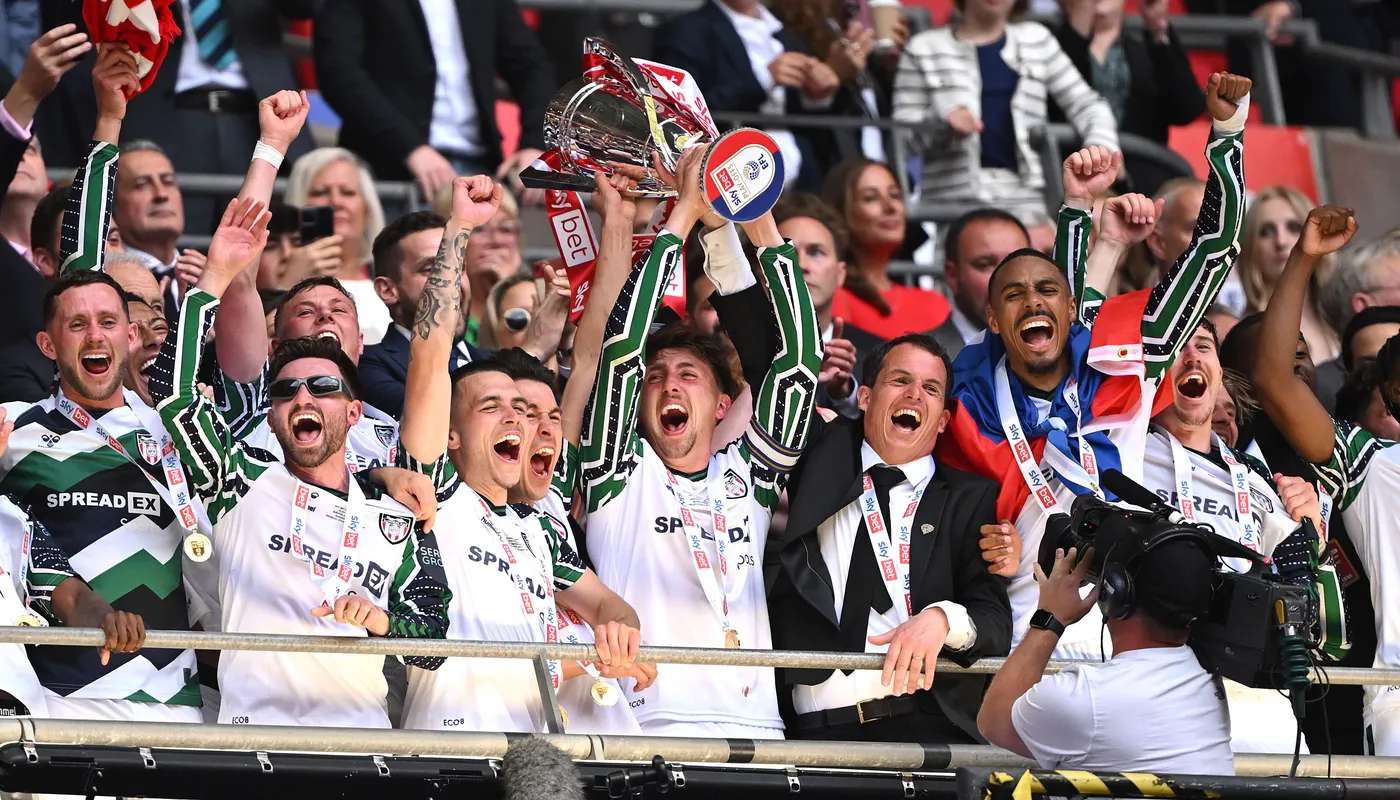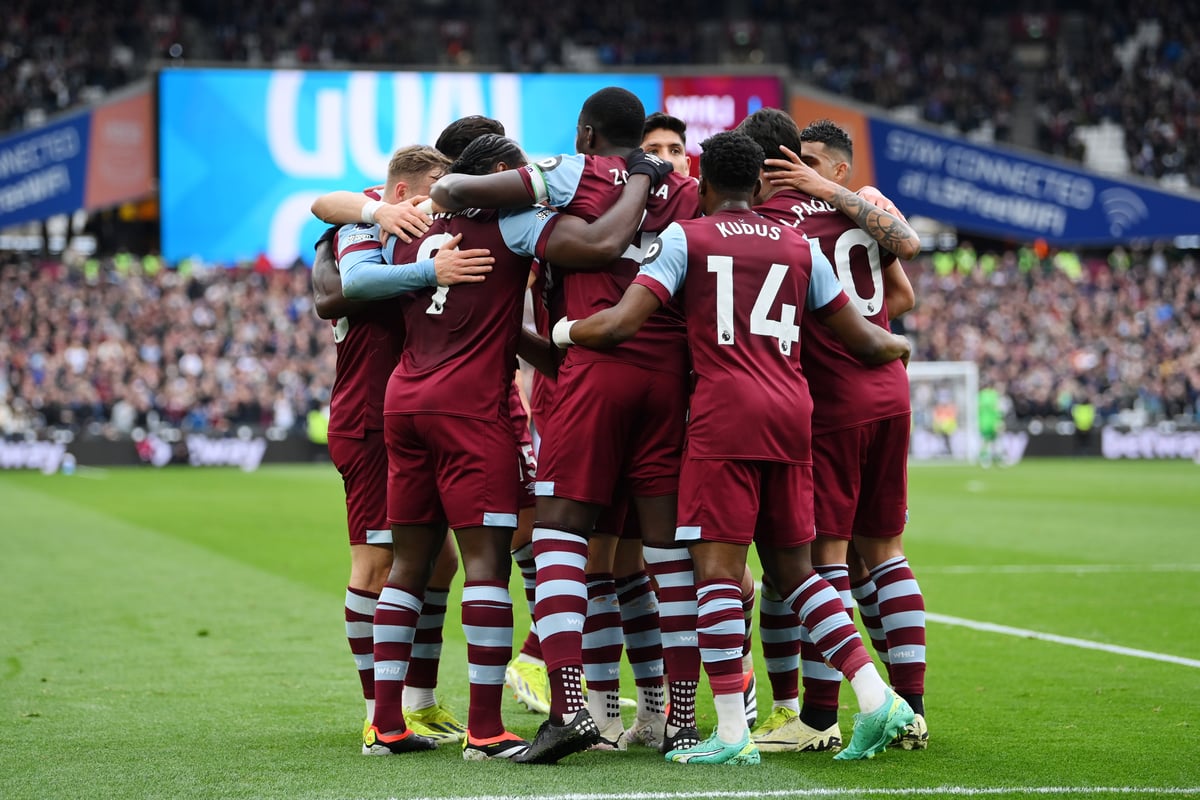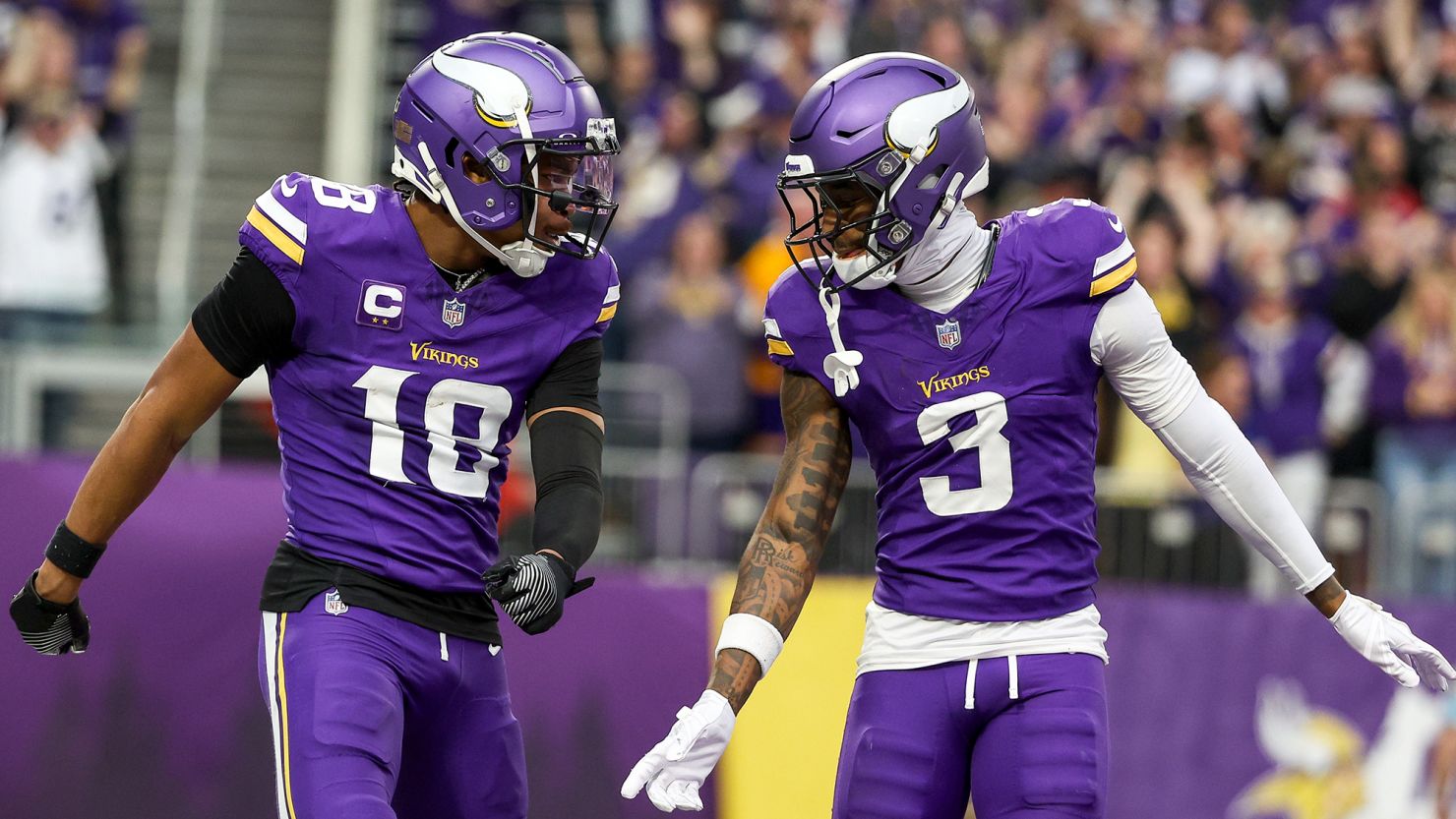Inspired by original reporting by Michael Walker and Philip Buckingham for The Athletic. All credit to their exceptional journalism.
When Sunderland’s Dan Ballard nodded home a dramatic extra-time header in the Championship play-off semi-final, the Stadium of Light erupted—not just in celebration, but in vindication.
This wasn’t just a goal. It was a punctuation mark to a multi-year case study in how a fallen footballing giant can resurrect itself—not through a flurry of cash, but with vision, patience, and strategic clarity. From Netflix documentary fodder to Premier League promotion, Sunderland’s journey offers profound lessons in sports business strategy, club culture rebuilding, and identity-driven management.
The Fall and the Reckoning
Let’s rewind. In 2017, Sunderland hit rock bottom—relegated from the Premier League, burdened by bloated wages, mismanaged resources, and no discernible plan. The subsequent relegation to League One the following season was not just an on-pitch failure, but an organizational collapse.
At that point, the club could’ve easily spiraled permanently. But instead, what followed was one of the most remarkable, data-driven, identity-first recoveries in modern English football.
The Kyril Louis-Dreyfus Pivot
Enter Kyril Louis-Dreyfus in 2021. At just 23, his acquisition of a controlling interest was met with skepticism. But what he lacked in years, he made up for in clarity. From the beginning, he rejected the traditional sugar-daddy model of ownership. No splashy signings, no short-term fixes.
This was about structure: hiring Kristjaan Speakman as sporting director and bringing in recruitment expertise like Stuart Harvey. The plan was clear—build a sustainable model that favors youth development, intelligent acquisitions, and long-term growth.
As former CEO Jim Rodwell told The Athletic, Louis-Dreyfus’ approach was “always going to be about building something carefully, growing it organically.” That MO is now bearing fruit.
A Club with a Philosophy, Not Just a Squad
The club’s transformation wasn’t about just changing players—it was about building identity. Terms like bold, creative, and industrious weren’t buzzwords. They became the DNA. These values adorned walls inside the training ground and were ingrained in performance benchmarks.
The recruitment followed suit. Instead of chasing Premier League castoffs, Sunderland signed hungry, undervalued talent: Trai Hume, Dennis Cirkin, Chris Rigg, and Jobe Bellingham. Loans from elite academies (Bayern Munich, Manchester United) provided short-term quality while maintaining the broader development arc.
More impressively, Sunderland operated with the youngest squad in the Championship—and still found a way to win.
Sustainability Without Sacrifice
One of the most overlooked aspects of Sunderland’s rise is the quiet financial discipline behind the scenes. According to The Athletic, Sunderland’s wage bill is “middling” in the Championship, their debts are low, and infrastructure investment is underway.
Even more remarkably, gate receipts have rivalled some Premier League clubs—proof that clear purpose and connection to fans trump erratic spending. Sunderland have become a rare example of how sustainability doesn’t mean stagnation.
From Chaos to Cohesion: Lessons for Modern Football
What Sunderland proves—resoundingly—is that identity and strategy can outperform impulse and ego. Their approach mirrors successful modern clubs like Brighton, Brentford, and even Girona, where structure outweighs stardust.
Their trajectory offers lessons not just for clubs in crisis, but for stable clubs that aspire to scale. The Sunderland model is replicable, with three key pillars:
- Hire Leadership with Clarity – Speakman and Louis-Dreyfus built a team behind the team. The club’s football and commercial sides now operate with coherence.
- Invest in Youth with Purpose – Talent alone doesn’t win promotions. Sunderland recruited players who matched the club’s long-term identity.
- Be Patient But Relentless – The Premier League was never the goal next season. It was within five years. They got there ahead of schedule.
As club stalwart Luke O’Nien told The Athletic, “It’s a different club. To me, it’s chalk and cheese.” That difference is not just footballing. It’s philosophical.
A New Premier League Chapter, But the Same Game Plan
As Sunderland step into the Premier League again, the temptation will be to abandon patience in favor of survival. But if their rise has taught us anything, it’s this: long-term vision wins—even in the short-term.
There will be pressures—TV money, squad upgrades, expectations—but Sunderland must stick to the same values that got them here. If they do, they may not just survive. They may thrive.
At 365247 Consultancy, we help sports properties navigte the complexities of the modern sports industry. Book your consultancy call.
SOURCE: The Athletic
IMAGE: Getty Images


